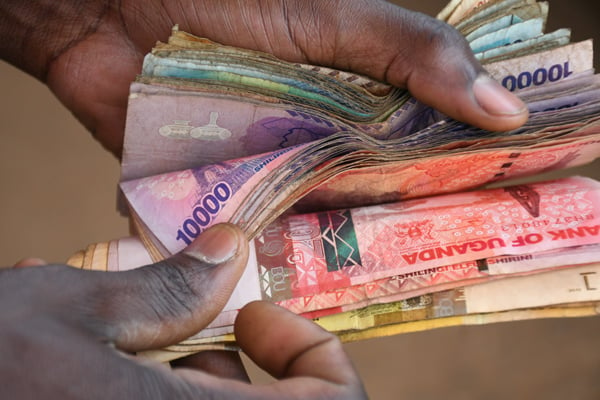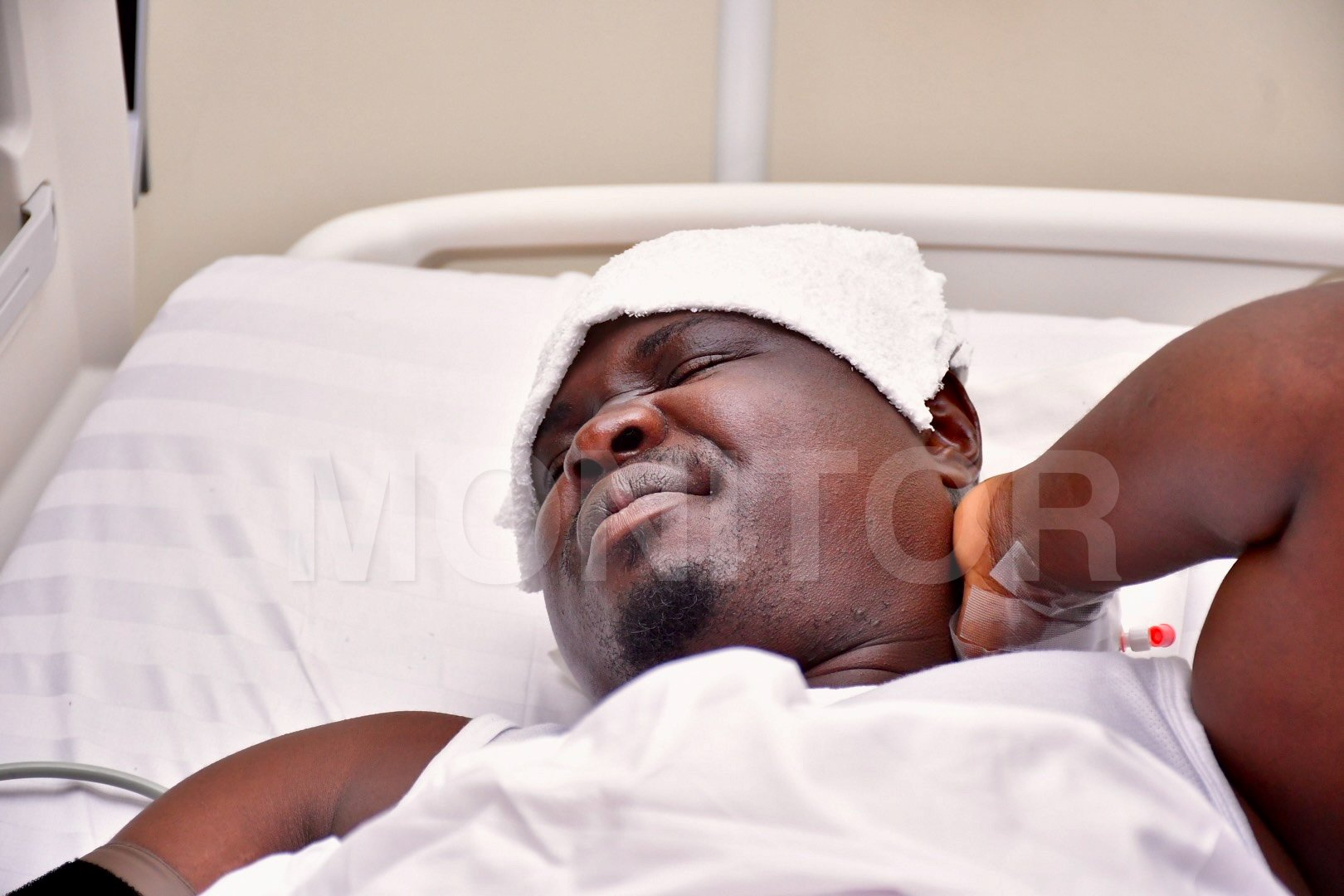Prime
Time to decide if we are now at half-time or injury time - Part II

It is 2024, and the President of Uganda, and the ruling party’s eternal presidential candidate, is closing in on his 80th birthday.
We are in Kyankwanzi, at an extraordinary meeting of members of the National Executive Committee, convened to discuss an ambiguous agenda. It is been a topsy turvy term and there is increased jostling, with everybody worth their weight trying to position themselves for the transition in motion.
It is clear that President Museveni is suffering from, ironically, his successes. Improved access to electricity, infrastructure, access to education and enhanced household incomes have elevated the average quality of life.
But this has resulted in a sharp demographic and aspirational split between those in charge and the population. Young people sense an opportunity to conquer the world, yet continue to get wound up by how slow-paced and disconnected the old – and sometimes young, but clueless – ruling class are.
Privately, some party members say: “We must change, and must change now.” Others warn that: “Without him, it is likely that the party will not win an election; and/or even disintegrate. That has been the fate of nearly every party that held power on the continent, and then lost it,” they caution.
The skeptics have also seen how former presidents have been dealt with – by their successors – in Angola and the DRC, even after they negotiated their way out of power. So nobody wants to take chances.
A member from western Buganda suggests that perhaps, the President could anoint a member of his family as successor.
“It is viable compromise,” he argues, “But we shall need help to enforce acceptance.” There are murmurs, but he continues, “Some people might be shot dead, and others injured, but that’s the price of democracy, right? All I am saying is, let’s just keep our options open,” he concludes.
The room goes silent for a while. Then a member from the Rwenzori Sub-region says: “Mr chairman, I have a way out of this conundrum,” she says, as heads turn towards the minister.
“How about we amending the Constitution?”
“Again?!” several members exclaim.
The chairman, unaware that it was possible to make anymore amendments to “that piece of paper” without just ditching it entirely, bursts out, “Mumwache!”
He is intrigued, so he urges her on, “Yes my daughter, do not listen to these detractors. Go on.” Emboldened, she walks to the front and starts: “Honourable members,” she starts, “Most of you might not know this but in political science; there are two types of government systems.
What we have in Uganda is a presidential system, which means that people have to elect the president directly.
The amendment I am suggesting is that we should move to a Parliamentary system, which means that the party with majority seats in parliament selects the President.” The hall lights, bubbling from the possibility of what she might be suggesting.
So she goes on, “By amending the law, we would actually protect our Dear Leader from the rigors of driving around to campaign. All we would need is for the party to do everything it takes to make sure that we retain our parliamentary majority.”
The meeting is thrown into a frenzy. Ecstatic members jumping and hugging each other. Others ululating. The elderly ones sitting at the front wake from their slumber, half-sure of what’s going on, but still join in.
When the dust eventually settles, it is not clear what the chairman thinks of the proposal, but he thanks the honourable member for being such a clever girl, and promises that CEC will consider this as another option.
A senior minister cautions, over the din, that this might be a risky move, if another region were to vote the way Buganda voted during the 2021 election. He is right – because the interventions to win back Buganda, after that drubbing have been a confusing mix. Some carrot here – to not risk even more annihilation in 2026; and some stick there – to set a good example for other regions on what happens if you vote wrong.
But then his colleague from Local Government, notes that Karamoja and some parts of Tooro and Ankole regions have been demanding for more constituencies, so there’s no need to worry.
Mr Rukwengye is the founder, Boundless Minds. [email protected]




